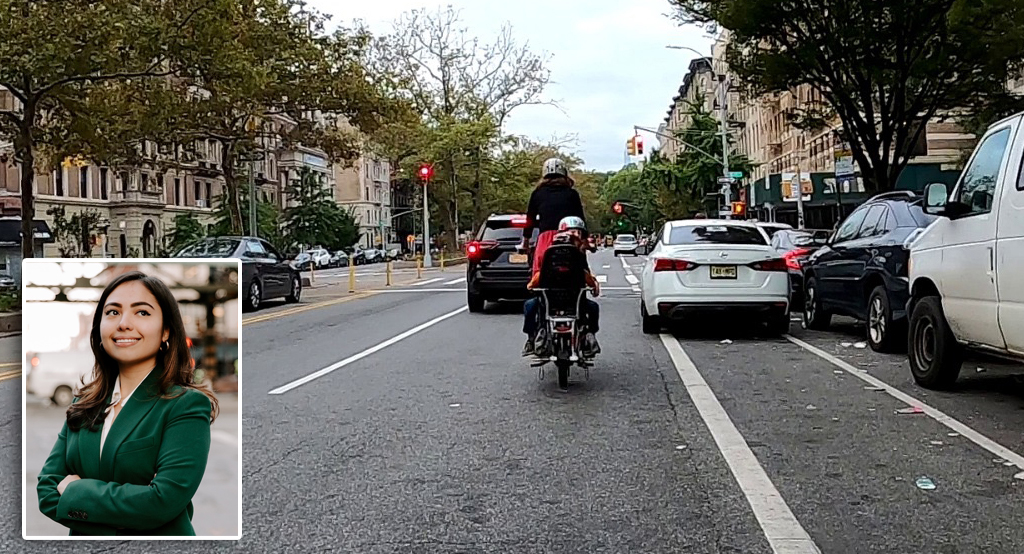 Photo: AP/Post-Standard
Photo: AP/Post-StandardFormer MTA CEO Lee Sander spent the last two-and-a-half years doing his best to make the MTA a transparent, accountable public agency, and in doing so restore its reputation. He let the sunshine in, but was unable to undo the damage to the agency's image caused by years of attacks from transit advocates, unions and politicians.
In politics, reputation matters. The scapegoating of the MTA has undermined the political case for
transit funding and given cover to the hypocrites in Albany who blame the
MTA, instead of themselves, for the agency's funding woes. Looking forward, it
is critical that the MTA burnish its reputation as an effective and
accountable public agency and excellent investment for public funds. There are many political forces that benefit
from keeping the MTA as a scapegoat, its reputation besmirched. So, a clean
bill of health for the MTA requires an unimpeachable, politically formidable force
far above the gutter of the New York political fray. How about President Obama?
The president has
spent enormous energy restoring public confidence in the banking
system. A key
part of his efforts has been the Treasury Department’s careful scrutiny of bank
management and finances. Mayor Bloomberg and Governor Paterson should
ask President Obama to help restore public confidence in
the MTA by ordering the Federal Transit
Administration to send in a team of management, finance and policy
experts. The MTA
receives millions in
federal support and the U.S. government has a strong interest in seeing
that money well spent. The FTA team would definitively and publicly
assess
the state of the MTA, detailing both its good and bad management
practices while clarifying and vetting agency finances.
Most transit experts
believe the MTA is a relatively well run public agency which compares favorably
with other big American and foreign transit systems. The agency’s biggest problem is that the state
and city have spent the last two decades reducing their financial support,
loading the agency with debt, and making it overly dependent on volatile, cyclical
funding like the mortgage recording tax. The FTA's assessment would bring these
facts to the fore and lay the political groundwork for a stronger case for
transit funding.





